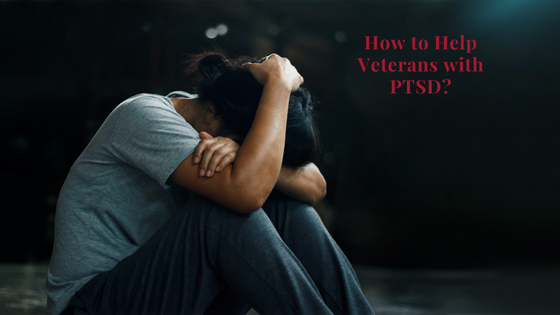
Anxiety disorders are the most common mental health problem in the United States. Nearly one-third of all American adults suffer from anxiety at some point in their lives. If you have a loved one who suffers from anxiety, you may feel helpless and unsure of how to best support them. Here are four tips on how you can help your loved one suffering from anxiety.
An estimated 40 million adults in the United States suffer from some form of anxiety. If you have a friend or family member who falls into this category, it’s important to do what you can to support them. Here are four tips on how to help someone with anxiety.
1. Avoid judgmental language.
When speaking with your loved one, avoid using terms such as “crazy,” “weak,” or “paranoid.” This type of language will only serve to further stigmatize their condition and make them feel worse about themselves. Instead, use phrases that convey understanding and compassion such as “I’m here for you” or “I’m sorry that you’re going through this.”
2. Educate yourself about anxiety disorders.
The more you know about anxiety disorders, the better equipped you’ll be to provide support to your loved one. Read books, and articles, or talk to a mental health professional so that you can better understand what your loved one is dealing with on a daily basis. This knowledge will also help you to be more patient with them when they are experiencing anxiety attacks or high levels of stress.
3. Offer practical assistance.
One of the best things you can do for someone with anxiety is to offer practical assistance when needed. This could involve taking on some of their responsibilities at work or home, helping them to create a healthy routine, or simply being there for them when they need to talk. By offering practical assistance, you’ll be helping to reduce their overall stress levels and giving them much-needed support during difficult times.
4. Encourage treatment-seeking behavior.
If your loved one is resistant to seeking professional help, gently encourage them to consider treatment options such as cognitive behavioral therapy or medication. Remind them that there is no shame in seeking help and that treatment can be very effective in managing anxiety disorders. If they remain resistant, respect their decision but continue to check in with them on a regular basis to see how they’re doing.
Identifying Anxiety
Many people experience anxiety at some point in their lives, but for some, anxiety is a chronic condition that can interfere with daily life. It’s important to be able to identify the signs and symptoms of anxiety so that you can get the help you need.
Signs and Symptoms of Anxiety
There are many different signs and symptoms of anxiety, but some of the most common include:
- Feeling restless or on edge
- Having difficulty Concentrating
- Being easily fatigued
- Having muscle tension
- Difficulty sleeping
- Feeling irritable
- Having a sense of impending doom or danger.
If you or a loved one are experiencing any of these symptoms on a regular basis, it’s important to talk to your doctor so that you can get the help you need. There are many effective treatments for anxiety, so don’t suffer in silence.
If you have a loved one suffering from anxiety, it’s important to do what you can to support them. Use these four tips to help someone with anxiety so that they can live a happier and healthier life./n offer practical assistance whenever needed and encourage your loved ones to seek professional help so that manage their conditions better!

Written by Hima Gandham
More From This Category

How to Help Veterans With PTSD?
Post-traumatic stress disorder (PTSD) is a debilitating mental health condition experienced by many veterans. For those who have served in the military, PTSD can result from traumatic experiences such as combat or sexual assault. Unfortunately, it can be difficult to...

How to Help Veterans With PTSD?
Post-traumatic stress disorder (PTSD) is a debilitating mental health condition experienced by many veterans. For those who have served in the military, PTSD can result from traumatic experiences such as combat or sexual assault. Unfortunately, it can be difficult to...

How to Help Veterans With PTSD?
Post-traumatic stress disorder (PTSD) is a debilitating mental health condition experienced by many veterans. For those who have served in the military, PTSD can result from traumatic experiences such as combat or sexual assault. Unfortunately, it can be difficult to...




0 Comments